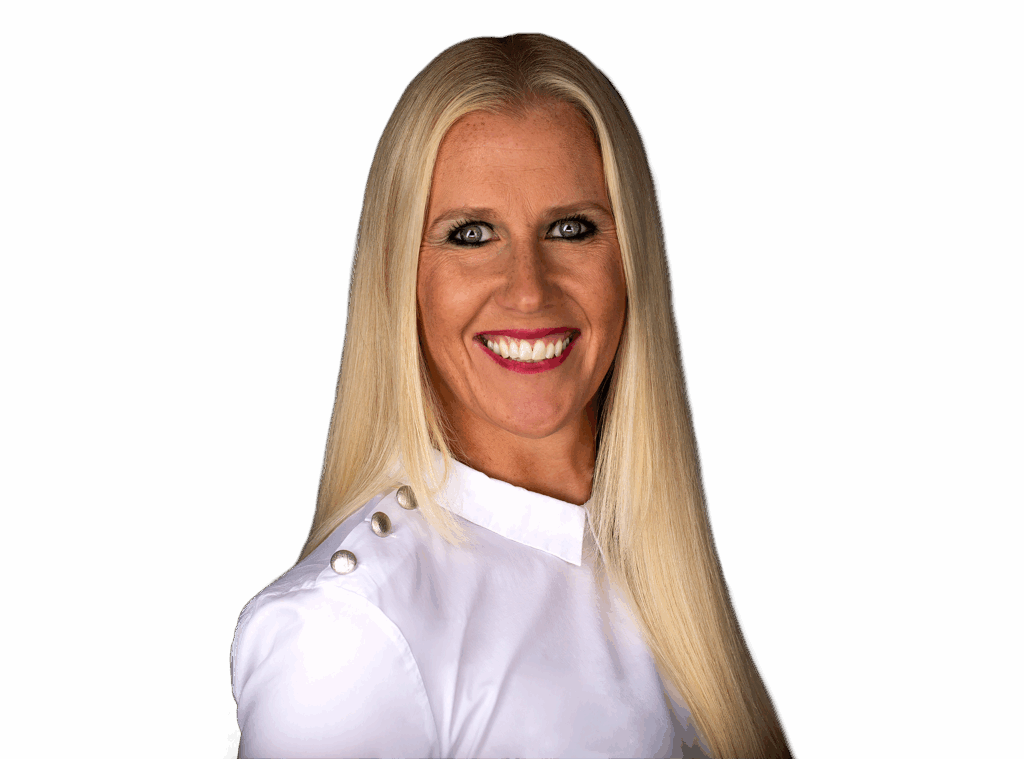
Dr Kerry Sweeney
Our team will support you through every stage, from your first enquiry to your recovery.
If you’re using health insurance
If you’re paying for treatment yourself or using a payment plan
Costs can vary depending on the procedure and your personal treatment plan. We’ll give you a clear price guide upfront and explain what’s included.
Flexible payment options are available to help spread the cost. Our team is here to answer questions and help you choose the best way to pay.
Package cost (Under 14s)
£1,200.00
Prices accurate as of February 2025 and may be subject to change.
Finance from:
£29.02 per month
Explore Finance Options*Representative Example: Total amount of Credit £1,200.00. Total charge for credit £541.20. Total Amount Repayable £1,741.20. Repayable by 60 monthly payments of £29.02. Representative 16.9% APR. Example based upon treatment costing £1,200.00 repayable over 60 months. Acceptance is subject to status. Terms and conditions apply.
To make things easier, you can book a new consultation appointment online.
At Kingsbridge, you’ll be in the expert hands of the UK and Ireland’s top consultants.
Defining ADHD
ADHD is characterised by a persistent pattern of inattention and/or hyperactivity-impulsivity that interferes with daily functioning or development. It’s important to note that ADHD exists on a spectrum, and individuals may experience varying degrees of symptoms. There are three subtypes of ADHD:
Combined Presentation: This subtype includes symptoms of both inattention and hyperactivity-impulsivity, which is the most common presentation of ADHD.
Predominantly Inattentive Presentation: Individuals with this subtype struggle primarily with maintaining attention and organisation. They may seem forgetful, have difficulty following instructions, and often overlook details.
Predominantly Hyperactive-Impulsive Presentation: This subtype is marked by hyperactivity and impulsivity. Individuals may fidget, interrupt others frequently, and struggle with patience. Children with this subtype are often perceived as “always on the go.”
Symptoms and Challenges
The symptoms of ADHD can manifest differently based on age, individual personality, and subtype. In children, ADHD might present as difficulty sitting still, frequent forgetfulness, impulsiveness, difficulty with organising tasks, and challenges in following instructions. Adolescents and adults may experience restlessness, difficulty managing time, forgetfulness, difficulty with organisation, and impulsiveness that can affect relationships and work performance.
Causes and Neurobiology
The exact causes of ADHD are complex and not entirely understood, but a combination of genetic, neurological, and environmental factors likely contribute to its development. Studies have shown that certain genes related to brain function and neurotransmitter regulation are associated with an increased risk of ADHD. Neurobiologically, ADHD is linked to imbalances in the neurotransmitters dopamine and norepinephrine, which play crucial roles in attention, motivation, and impulse control.
Diagnosis and Treatment
Diagnosing ADHD involves comprehensive assessments by Consultant Clinical Psychology & Consultant Psychiatry. The process typically includes interviews with the individual and their family, gathering information about symptoms across different settings, and ruling out other possible explanations for the behaviours.
Effective management strategies for ADHD often involve a multimodal approach, including:

Diagnosis is carried out by a Consultant Child Psychiatrist or a Consultant Child Clinical Psychologist ‘in conjunction with medical assessment by Consultant Paediatrician’ (for patients 14 & under) and involves:

1. Initial Consultation– *(A decision will be made on the rest of the pathway based on the initial (1 hour) appointment)
2. Connors Forms Scored & Analysed- Both forms will be scored and analysed before the third appointment (1 HOUR)

3. Medical Assessment by a Consultant Paediatrician (cost £200 – this is included within the total £1,200 package cost).
4. Third Assessment Session Child And Parents (45/60 MINS)- the third session, approximately 4-6 weeks after the initial, will involve a short interview and direct observation of the child by the Consultant. In addition, final clarification questions will be addressed with parents before giving the conclusion of the assessment- an ADHD diagnosis or not. Brief information will be provided for next steps including support services and future medication (*please note medication is NOT the first line of intervention).
5. A Comprehensive Report will be provided of the assessment results and brief recommendations, sent to GP and parents.
